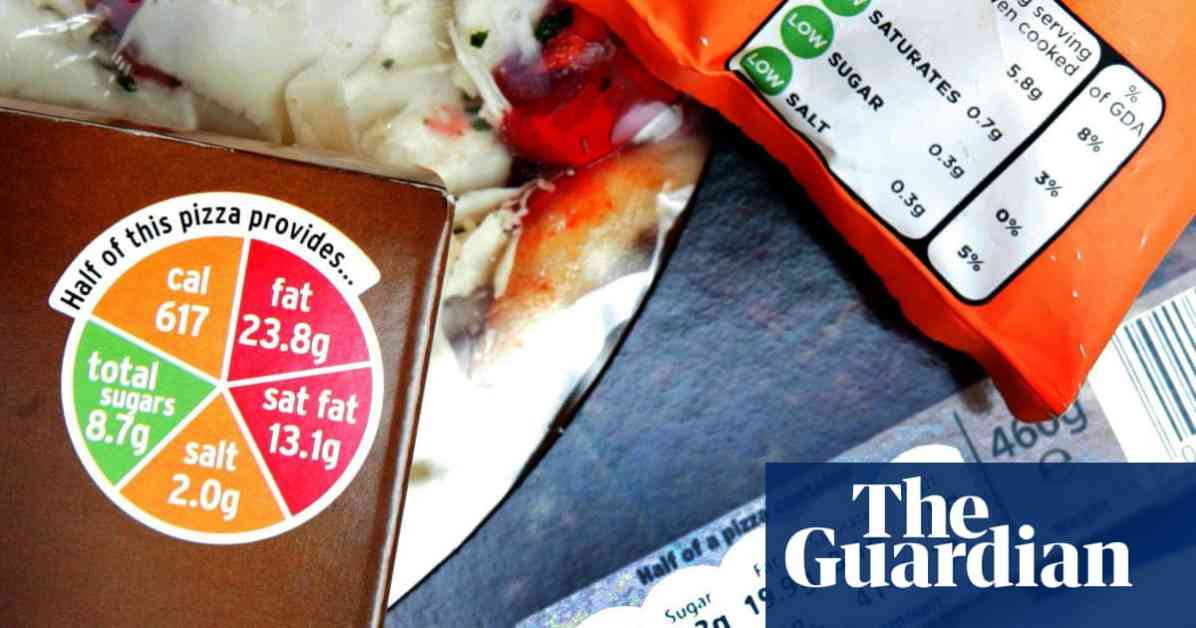Food companies are being urged to disclose how healthy or unhealthy their products are by a top industry executive. Stéfan Descheemaeker, the chief executive of Nomad Foods, which owns popular brands like Birds Eye, Findus, and Goodfella’s, believes that mandatory disclosure of the health ratings of food products will help people make better dietary choices.
Descheemaeker emphasized the need for companies to publish an annual report detailing the proportion of their sales that consist of dishes high in fat, salt, and sugar. He suggested that this mandatory publication would create a “nutrition arms race” among manufacturers, leading them to improve the healthiness of their products.
In addition to disclosing health ratings, Descheemaeker called for traffic light-style labels on food packaging to help consumers identify nutritious options. He also supported the idea of implementing a new tax on products with excessive amounts of salt or sugar to address the obesity crisis.
Nomad Foods has been proactive in promoting healthy eating, with 93.3% of its net sales deemed healthy according to government guidelines. Descheemaeker highlighted the company’s efforts to reformulate products to meet health standards, such as reducing sugar content in Aunt Bessie’s apple crumbles and lowering salt levels in Birds Eye fish fingers and potato waffles.
The push for mandatory disclosure of food sales data is gaining momentum, with major retailers like Tesco, Sainsbury’s, and Danone expressing support for this initiative. The House of Lords and advocacy groups are also calling for stricter regulations on the food industry to improve public health.
While the government has taken some measures to address the obesity crisis, such as restricting junk food advertising and empowering councils to limit fast-food outlets near schools, more decisive action is needed. Calls for mandatory reporting of sales data, a salt and sugar tax, and a shift towards regulation rather than voluntary measures are growing louder.
Industry leaders like Descheemaeker and advocacy groups like Bite Back are urging the government to implement policies that hold food companies accountable for providing healthier alternatives. The focus is shifting towards prevention rather than treatment, with the aim of promoting overall well-being and reducing the burden on healthcare systems.
As the discussion around food transparency and health regulations continues to evolve, it is clear that collaboration between industry, government, and advocacy groups is essential to address the public health challenges associated with poor dietary choices. By working together, stakeholders can create a more supportive environment for individuals to make healthier decisions and lead more fulfilling lives.












